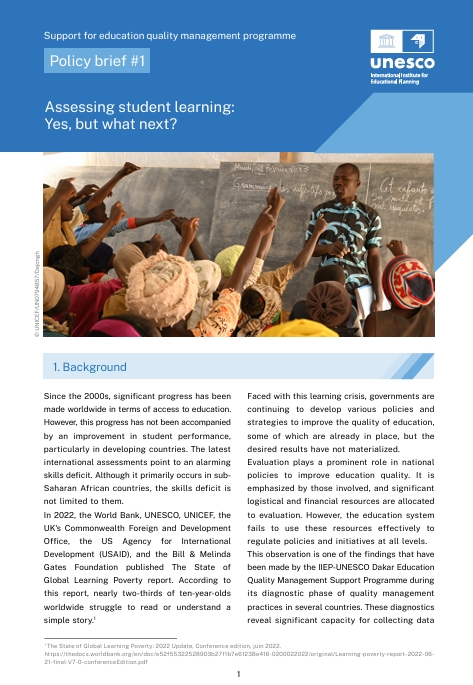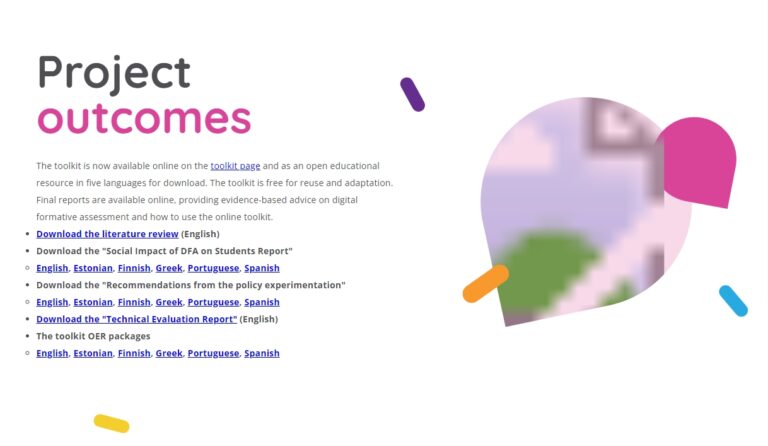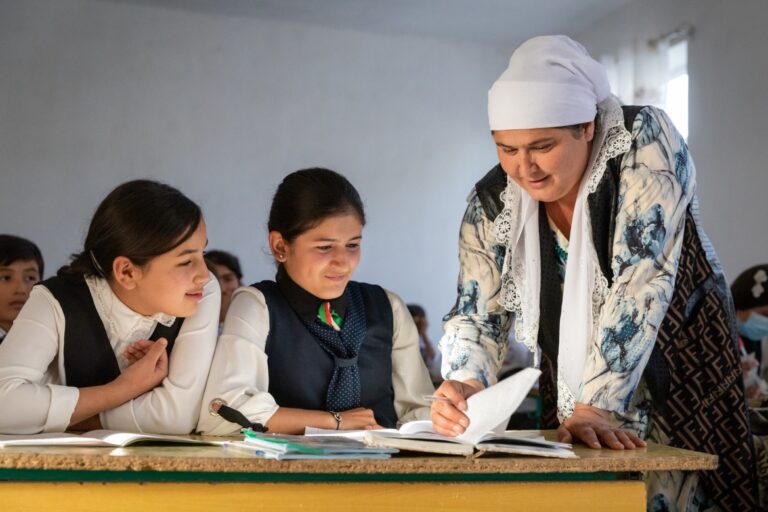Story Source: The Conversation ~ Go to Original Article
Diagnoses of mental disorders and drug prescriptions among school-age children have skyrocketed over the last two decades. The World Health Organisation (WHO) reports that 20% of children experience mental disorders – such as depression, anxiety, ADHD and autism – at any given time.
This is a significant problem in the UK, where one in eight children between the ages of five and 19 has been diagnosed with an emotional or behavioural disorder. Even children as young as five are getting ill: according to the latest reports, 6% of five year olds suffer from a mental disorder. The challenges are greater still for children from low income families, who are four times more likely to develop mental health problems than their better off peers…………………….



